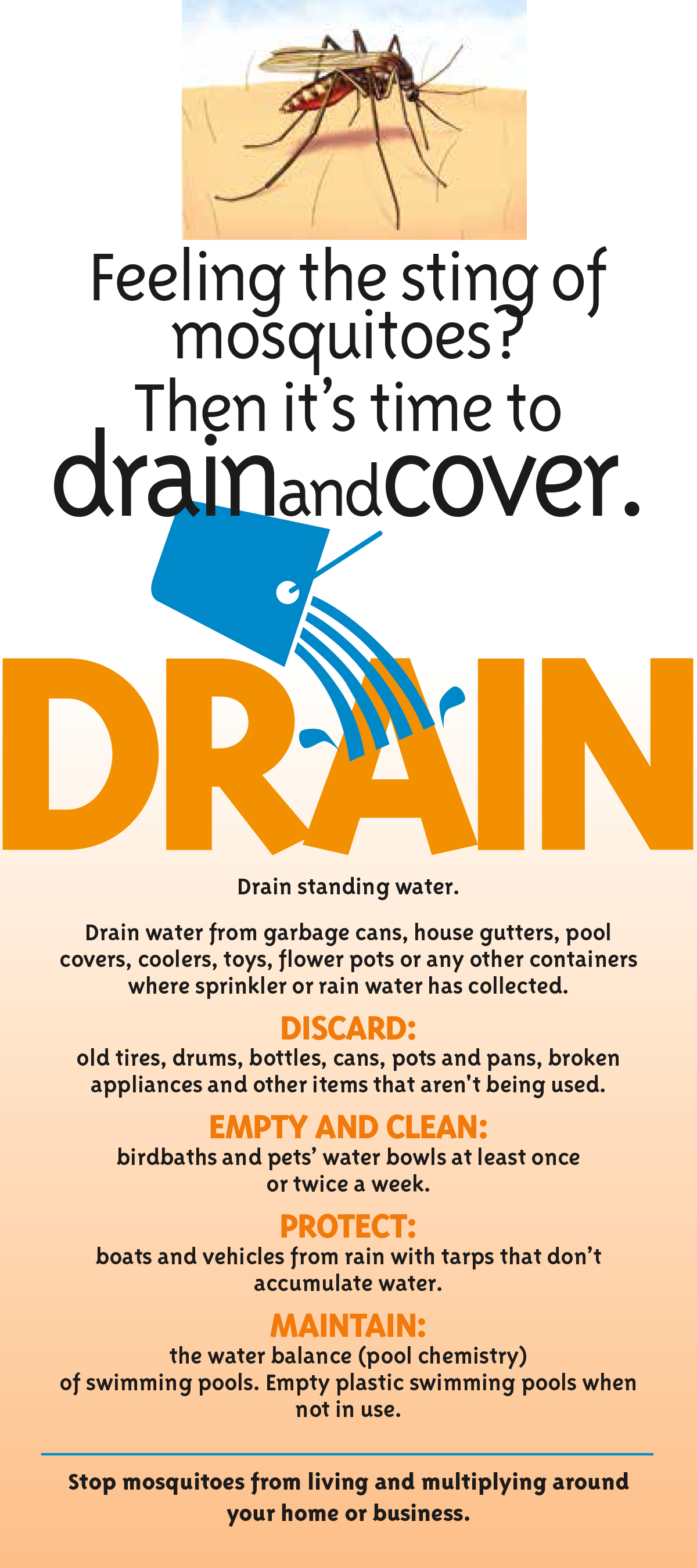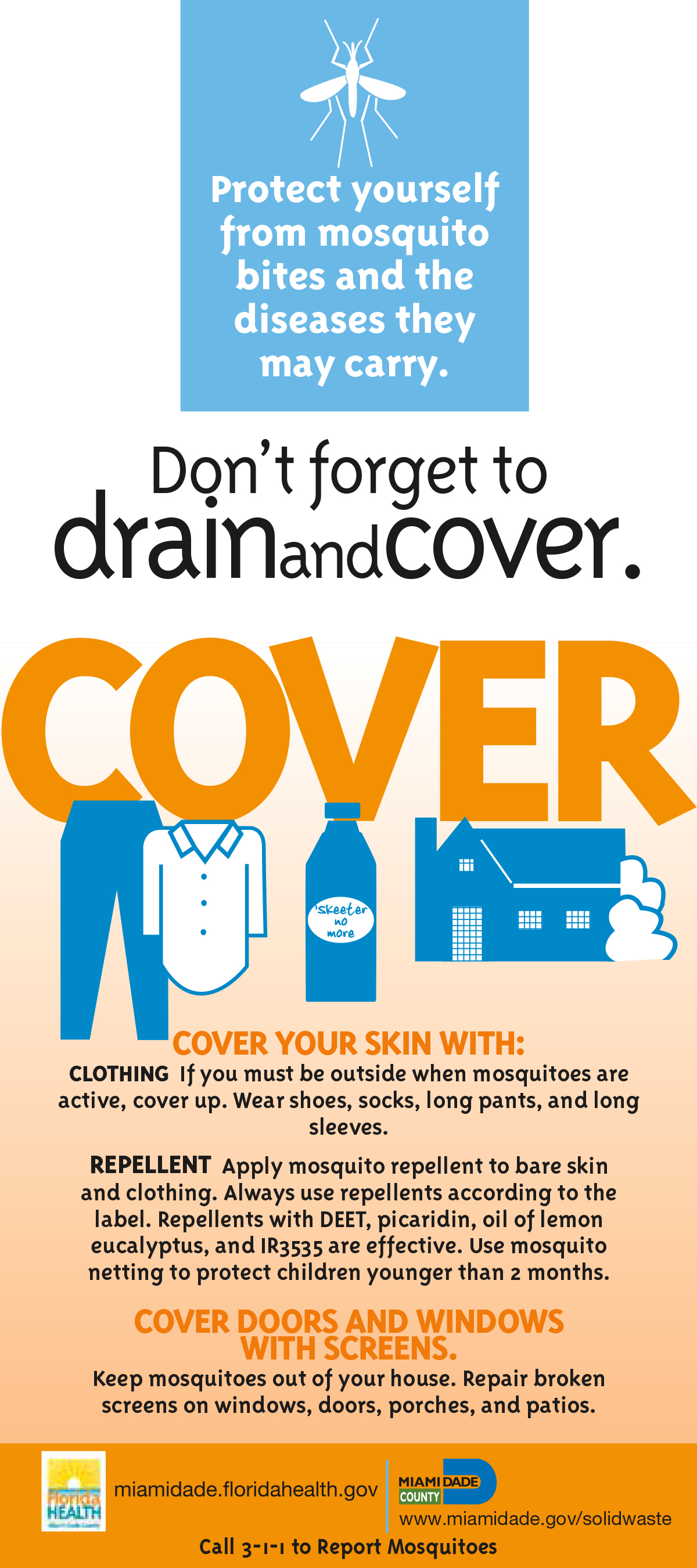April 3, 2020 by John Fernandez
Five Key Facts: Zika-Carrying Mosquitoes (Video)

(Caption: There are steps you can take to reduce your risk of contracting the Zika virus,” according to Barbara Russell, R.N., director of infection control at Baptist Hospital of Miami.)
The mosquito that carries the Zika virus is “an aggressive day biter,” according to the U.S. Center for Disease Control and Prevention. For that reason, it’s important to wear insect repellent, according to Barbara Russell, R.N., director of infection control at Baptist Hospital of Miami. (Please watch the video to learn more.)
The Zika virus, already prevalent in much of Latin America and the Caribbean, is believed to cause microcephaly when contracted in pregnancy. This is a serious birth defect in which babies are born with abnormally small heads and other health concerns, according to Ellen Schwartzbard, M.D., an obstetrician and gynecologist affiliated with South Miami Hospital.
Earlier this week, the U.S. Center for Disease Control and Prevention (CDC) issued a Miami travel warning related to the Zika virus and pregnant women. The warning applies to a specific neighborhood in Miami, Wynwood, which is located north of the downtown area. The mosquito that carries the Zika-virus is called Aedes aegypti. Here are five key facts about that mosquito, the Zika virus and prevention.
1. Connection with other illnesses. The Aedas aegypti can carry other diseases. “They are the main type of mosquito that spread Zika, dengue, chikungunya and other viruses,” the CDC says.
2. Attracted to scents and people. Mosquitoes are attracted to scents, including perfume. Zika-carrying mosquitoes typically live near people. “Because Aedes aegypti mosquitoes live near and prefer to feed on people, they are more likely to spread these viruses than other types of mosquitoes,” the CDC says.
3. Wear long pants, long sleeves. “The best way to prevent Zika is to prevent mosquito bites,” the CDC says. Other recommendations: Use screens on windows, stay indoors as much as possible and wear insect repellent.
4. Linked to sexual transmission: “Zika can be passed through sex from a person who has Zika to his or her sex partners,” the CDC says. “If you are pregnant and have a partner who lives in or has traveled to an area with Zika, do not have sex, or use condoms the right way, every time, during your pregnancy.”
5. Avoid standing water: The mosquitoes linked to the Zika virus can breed in even a capful of water, according to state and national experts. “Remove standing water around your home,” the CDC recommends.
Miami-Dade County has launched a “Drain and Cover” campaign that encourages all residents to drain standing water from all outside vessels and to cover up with protective clothing when outdoors.


top stories












There are no comments